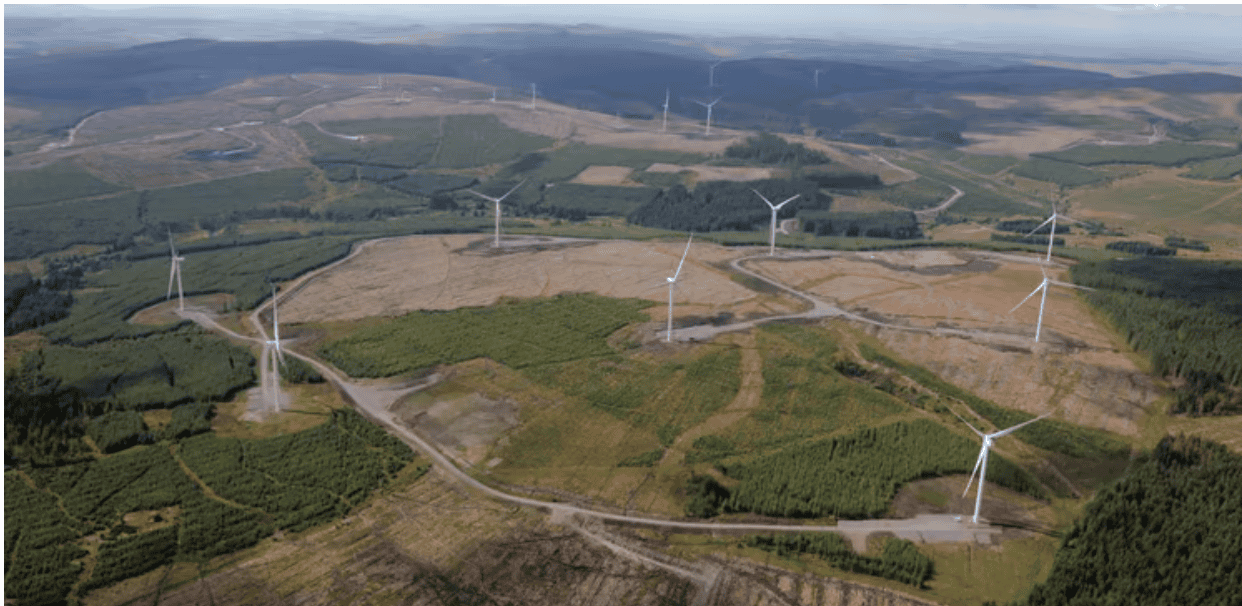
Rolls-Royce’s 470 MWe Small Modular Reactor (SMR) design moves forward to Step 2 of the Generic Design Assessment (GDA), having successfully completed Step 1. The factory-built SMR generates low-carbon electricity capable of powering a million homes for 60 years. The innovative modular approach reduces on-site construction, offering a competitive low-cost solution compared to traditional nuclear power solutions. Rolls-Royce SMR aims to make low-carbon nuclear power commercially available worldwide, providing a reliable and affordable solution for achieving Net Zero targets.
Step 2: fundamental assessment stage
In the second stage of GDA, Rolls-Royce SMR’s design will undergo a detailed technical assessment by the Office for Nuclear Regulation, Environment Agency, and Natural Resources Wales. During this process, the regulatory bodies will ensure that the design meets safety, security, safeguards, and environmental protection standards. To facilitate public feedback, Rolls-Royce SMR has launched a dedicated website where comments and questions can be submitted.
Utilising standard nuclear energy technology from over 400 reactors worldwide, Rolls-Royce SMR received £210 million in grant funding in 2021, administered by UKRI, to accelerate the design and pass GDA Stage 2. With a power output of 470 MW, the SMR is equivalent to 150 onshore wind turbines and offers consistent baseload generation for six decades. Public feedback will be incorporated into the GDA process and published anonymously on the Rolls-Royce SMR GDA website.
Addressing global challenges
Rolls-Royce SMR’s vision is driven by global challenges such as increasing electrification, a growing hydrogen economy, the emergence of e-fuels and synthetic aviation fuels, population growth, and the rising demand for constant power sources. By offering a new approach to nuclear power using factory-built modularisation techniques, the company aims to provide a low-cost solution competitive with renewables while reducing on-site construction and minimising environmental impact.
The modular design combines standard components with advanced manufacturing, operating at more than 92% availability for 60 years. This innovative solution supports decarbonisation in various sectors, including electricity, heat, and transportation, and assists governments and industrial companies in achieving their Net Zero targets.
Modular approach and future potential
Rolls-Royce SMR’s unique approach involves around 90% of the plant being factory fabricated and delivered as modules to the prepared site, where it is assembled and commissioned under a turnkey Engineering, Manufacture, Assembly (EMA) contract. This method reduces costs, risks, and lead-time while ensuring quality improvements. Paul Stein, Rolls-Royce Chief Technology Officer, stated, “The UK SMR heralds a new approach to the cost of nuclear power by broadly rethinking the manufacturing and construction methods… This is a pressurised water reactor of a type we know and love”.

UK Secretary of State for Business, Energy and Industrial Strategy, Rt Hon. Kwasi Kwarteng, emphasised the importance of SMR technology in the country’s nuclear future, stating, “Small Modular Reactor technology is very much at the centre of what the Prime Minister outlined in the 10-Point Plan… SMRs will certainly play a part in our nuclear future”. With a flexible design suitable for various geographical areas, SMRs offer a significant opportunity for low-carbon energy generation and decarbonisation across multiple sectors.








